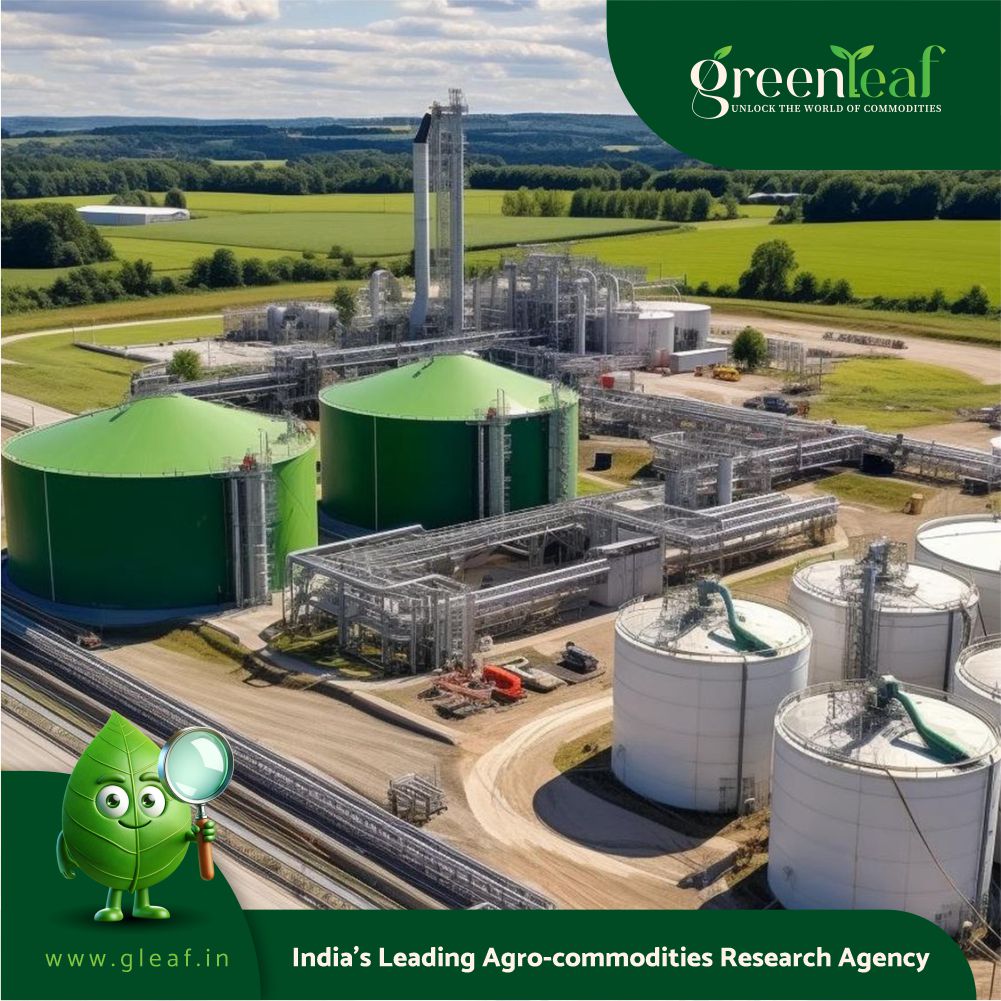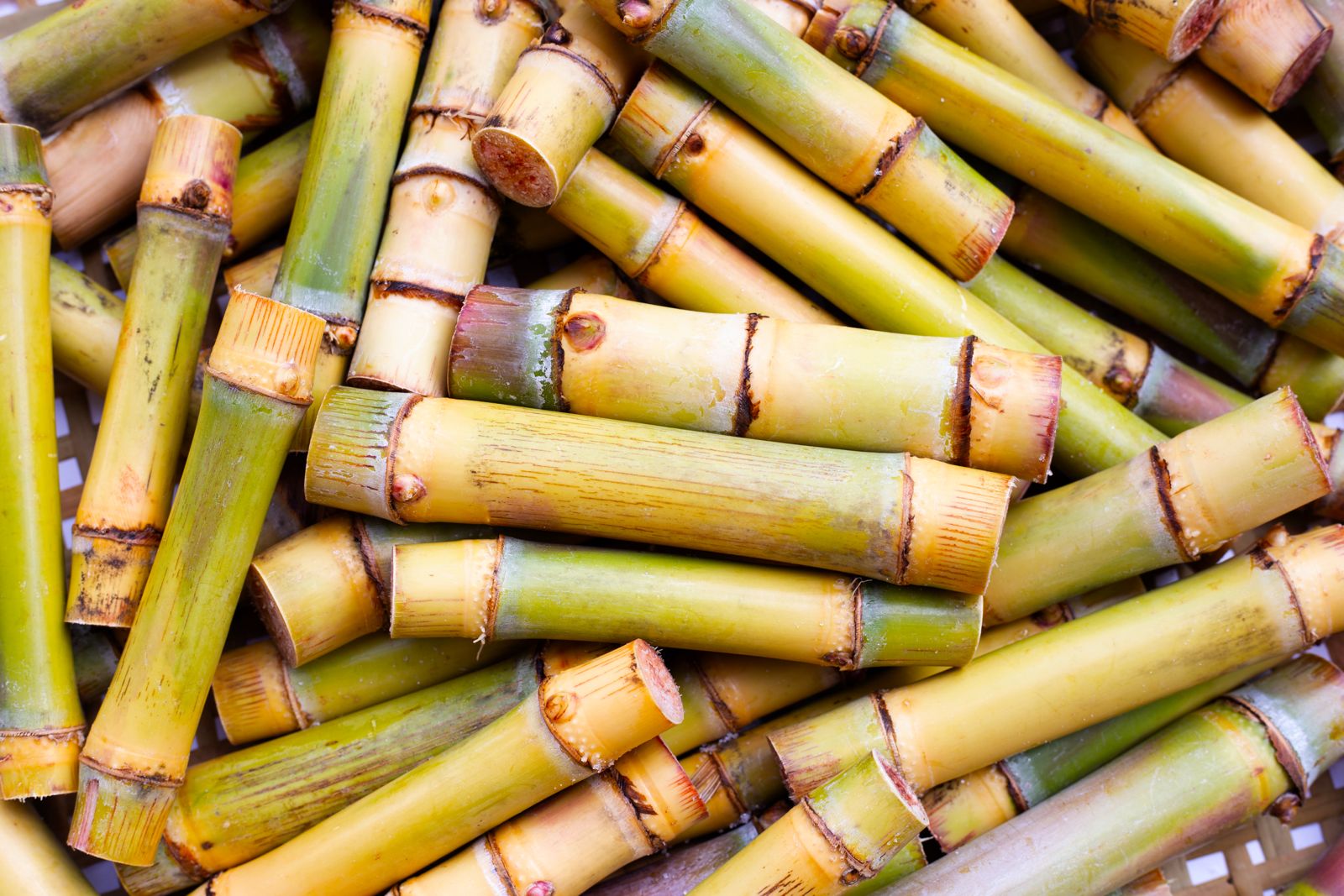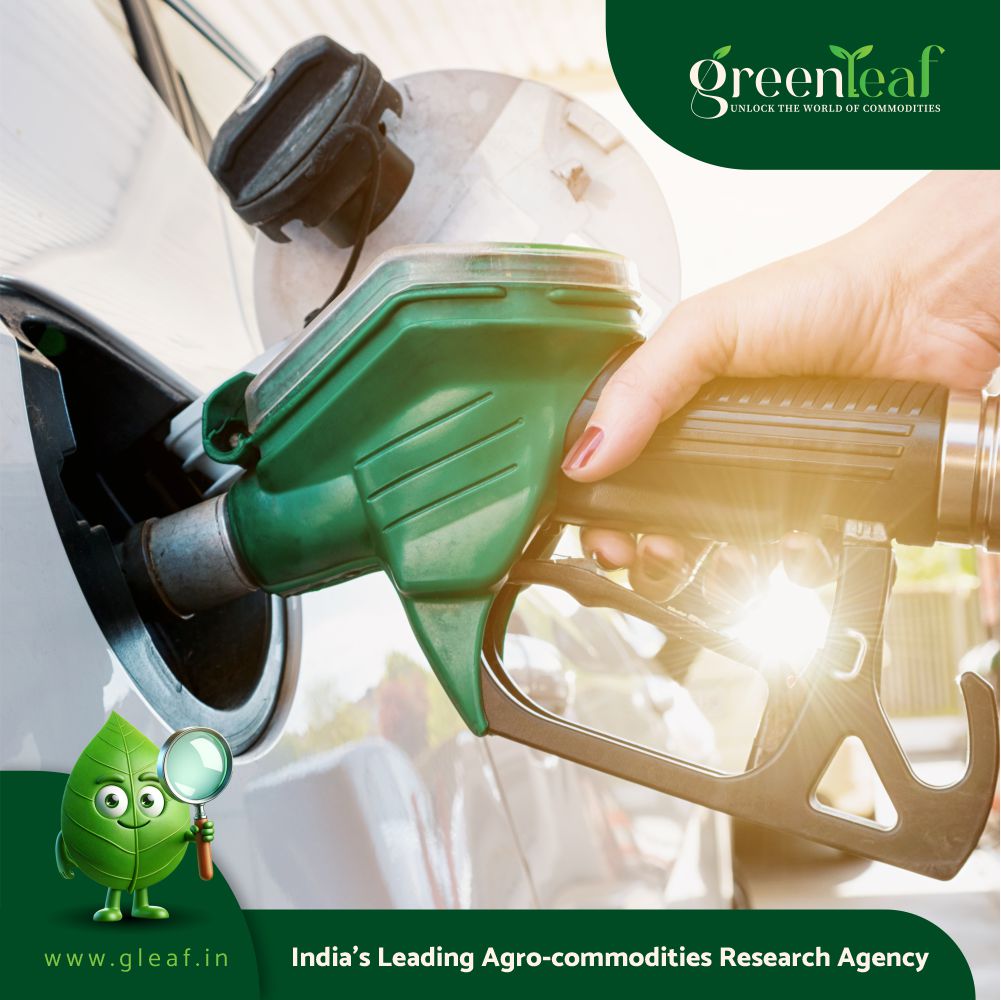Union Home and Cooperation Minister Amit Shah on Sunday hailed the ethanol blending programme as a transformative initiative for India’s sugar cooperatives, crediting it with improving financial health and promoting rural prosperity. He also assured Maharashtra of prompt Central support for farmers affected by recent floods.
Addressing a farmers’ rally in Ahilyanagar district after inaugurating the expanded capacity of the Dr. Vitthalrao Vikhe Patil Cooperative Sugar Factory, he said, “Since Modiji became Prime Minister, our cooperatives have grown stronger, more resilient, and more prosperous. The balance sheets of sugar cooperatives have changed dramatically, and this is largely due to the ethanol blending programme.”
He added, “Padma Shri Vitthalrao Vikhe Patil ji pioneered the world’s first cooperative sugar factory, a visionary step that brought prosperity not just to farmers in Maharashtra but also in states like Gujarat, Karnataka, and Uttar Pradesh. He was instrumental in ensuring that profits from the factory went directly into farmers’ bank accounts, bypassing middlemen and merchants.”
Mr. Shah urged sugar cooperatives to adopt multi-feed ethanol production during the non-crushing season, using vegetable waste, corn, and rice. “This will ensure year-round productivity and contribute to our national energy goals. The National Cooperative Development Corporation is ready to finance these conversions, and cooperatives will be prioritized over private entities for ethanol procurement.”
He also said that India’s large market of 140 crore people could be leveraged only when citizens actively promoted indigenous and locally produced products.
Under Prime Minister Narendra Modi’s leadership, Mr. Shah said, the number of sugar mills has increased by 67, sugar production has risen by 10 lakh tonnes, distilleries have doubled, and ethanol blending in petrol has reached 20%. He also praised the establishment of the Ministry of Cooperation, calling it a historic step that empowered sugar mills through schemes under the National Cooperative Development Corporation.
Turning to the recent heavy rains, he said standing crops and agricultural land across more than 60 lakh hectares in Maharashtra were damaged. “I had a detailed meeting with Chief Minister Devendra Fadnavis and Deputy Chief Ministers Eknath Shinde and Ajit Pawar. On behalf of Modiji, I assured them that once a detailed report is submitted, the Centre will act without delay,” he said.
He added that the Centre had already released ₹3,132 crore in relief last year, including ₹1,631 crore in April, while the Maharashtra government had provided ₹2,215 crore, benefiting over 31 lakh farmers. Immediate relief measures included ₹10,000 cash assistance, 35 kg of food grains per family, suspension of loan recovery, relaxed e-KYC norms, and waivers on land tax and school fees.
Mr. Shah also acknowledged that all National Democratic Alliance MLAs had contributed one month’s salary to the relief fund, demonstrating solidarity with the farming community.
On GST, he praised the Modi government for providing major relief through reforms. “The GST rates were slashed for 395 products. It has been reduced to zero on many food and drink items.”
In a politically charged statement, he lauded the Mahayuti alliance for renaming Ahmednagar to Ahilyanagar and Aurangabad to Chhatrapati Sambhajinagar. “I feel honoured to be here in this land, in this district, which now proudly bears the name of Ahilyabai. Such a change is only possible under the leadership of those who follow in the footsteps of Chhatrapati Shivaji Maharaj,” he said.
He added, “Those who glorify Aurangzeb’s legacy would never have the courage to rename Aurangabad after Dharamveer Sambhaji Maharaj.”
Meanwhile, Opposition leaders criticised the Maharashtra government’s decision to impose a levy on sugarcane mills to fund flood relief, calling it unjust to cultivators. Nationalist Congress Party (Sharadchandra Pawar) chief Sharad Pawar questioned why sugarcane growers should bear the cost, urging the government to withdraw the ₹15-per-tonne levy.
Chief Minister Devendra Fadnavis said that the contribution would come from mill profits, not farmers’ earnings, and accused critics of misrepresenting facts.















